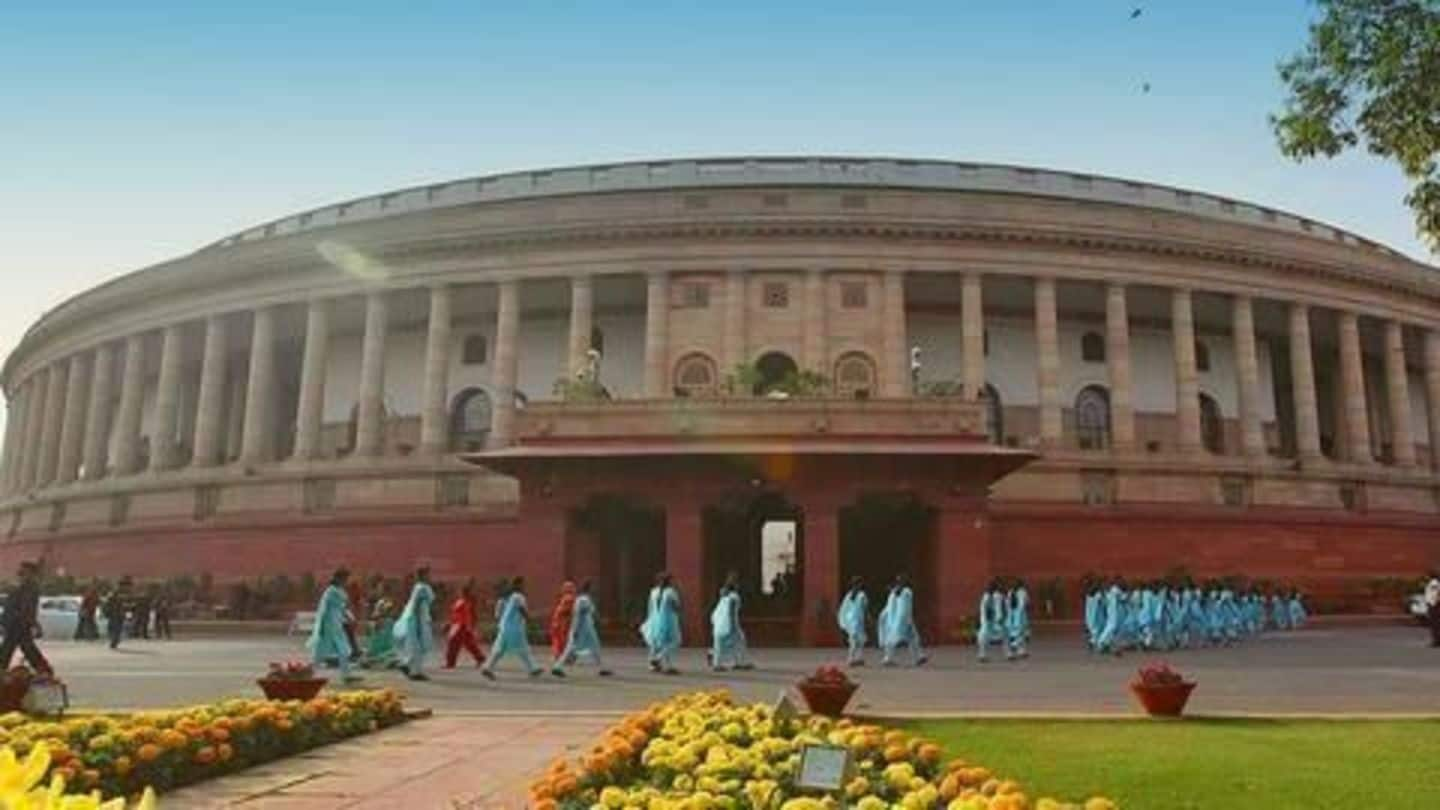
Parliament clears Mental Healthcare Bill which seeks to decriminalize suicide
What's the story
The Parliament cleared Mental Healthcare Bill after Lok Sabha approved 134 amendments made by the Rajya Sabha in August 2016. The Bill decriminalizes suicide, treating all cases as caused by a person's mental condition unless otherwise proved. It seeks to provide care without damaging dignity and protect rights, including of property, of people suffering mental illnesses.
Information
No more shock therapy!
Electro-convlusive therapy, more commonly known as shock therapy, will only be allowed under anesthesia while it is completely banned for minors. However, this ban has been criticized by mental health practitioners who claim scientific data backs the use of ECT as an effective clinical option.
Background
Four years in the making
The Bill was introduced in Rajya Sabha by the Government (Health Ministry) on 19th August 2013. It underwent scrutiny by a Standing Committee and many recommendations were incorporated before passing in August 2016. It replaces the 1987 Mental Health Act and is needed to comply with the United Nations Convention on the Rights of Persons with Disabilities which India's Parliament approved in 2008.
Rajya Sabha
Rajya Sabha clears "progressive" legislation
The Rajya Sabha cleared the Bill by voice vote after an hour long discussion on its clauses. Health Minister J P Nadda called it a "humane and progressive Bill", which focuses on "how more facilities and support could be provided to the patients." Across party lines, members felt a lack of qualified mental health professionals in India is worrisome which the bill addresses.
Definition
What qualifies as a mental illness?
Mental illness is defined in the bill as a disorder of thinking, mood, perception, orientation or memory. It also includes people suffering from substance abuse, but like the existing legislation, does not include mental retardation.
Details
Major Provisions
Those suffering from mental health problems would have access to public healthcare services, including minimum support at district levels. Chaining is forbidden while children below three will not be separated from their mothers undergoing treatment. Also, through advance directives, people can choose how they should be treated in case of ever conceiving mental illnesses and nominate a caregiver who will look after hospital procedures.
Do you know?
No prosecution for suicide survivors
The bill decriminalizes suicide, which earlier was a punishable offence under Indian Penal Code. A suicide survivor could be imprisoned up to a year or fined or both under previous regulations. Now the attempt would be seen as being caused by mental stress or illness.
Criticism
Aim laudable but opposite results in practice?
Post admission judicial review allows patients to challenge involuntary admission. With most mentally ill patients claiming sanity, further backlog in already cluttered judicial system, as well as decisions being made not by qualified mental health experts, become problematic. Requiring clearance for ECT on minors would cause unnecessary delay in emergency treatment. Politically correct notions on a treatment rather than its merits have got precedence.